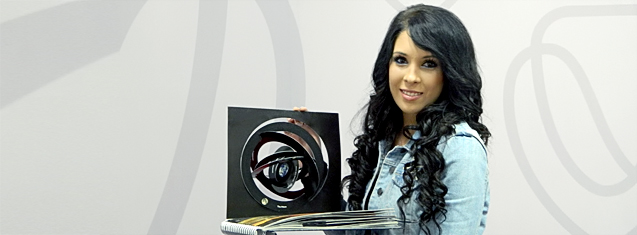
Lizelke Klindt – part of the Kovsie family
“To be a Kovsie is awesome.” This is how Lizelke Klindt starts the conversation.
Who is Lizelke?
She is one of our top emerging academics. Expanding on her BSc in Astrophysics, she obtained an honours degree in Physics this year – cum laude – earning her the Dean’s and Senate Medal.
At this year’s Kovsie Open Day on the Bloemfontein Campus, Lizelke beamed across the stage at prospective students and their parents – embodying true Kovsie pride.
Her academic journey has just begun, though. Lizelke is currently doing her MSc in Astrophysics. Her thesis focuses on the ‘Multi-wavelength Analysis of Unidentified Active Galactic Nuclei in the Fermi 2LAC Catalogue’.
“This will allow me to travel around to collect my own data and will broaden my skill set in order to reduce the various data,” she says.
Her achievements have gone hand in hand with hard work and grapping every opportunity the university has to offer, she admits. She also has a lot of praise for our university for offering research opportunities to graduates in their respective fields.
“My studies have allowed me to travel a lot and to meet people from all over the world. I have made friends in Germany, Poland, Australia and other European countries.
“And the best part of it all is I get to fly a lot. I absolute love it. And if there was such a thing as a second life, I would definitely be a pilot or hopefully an astronaut. It’s a good feeling to be part of the Kovsie family.”
Lizelke plans to continue onto her PhD in the coming years. And then? She fervently wishes to get a post-doctoral position at the very same university that opened a world to her that she loves passionately. A world she has dreamt of since childhood.